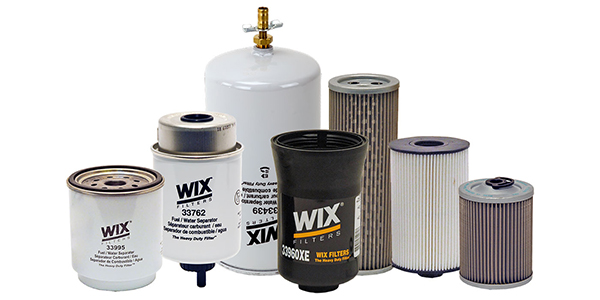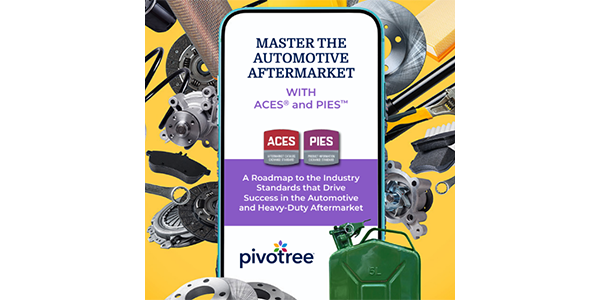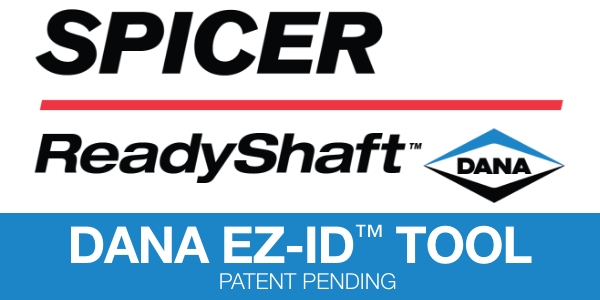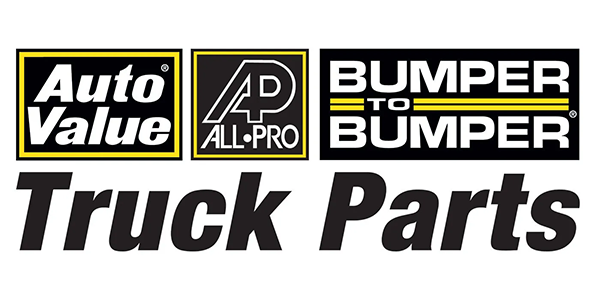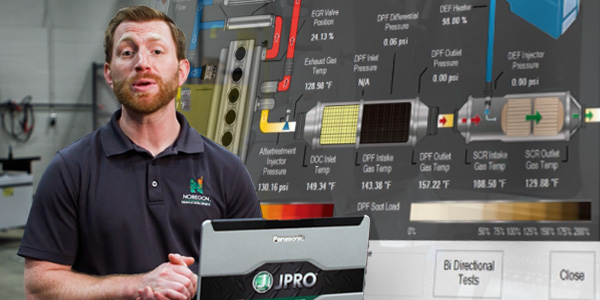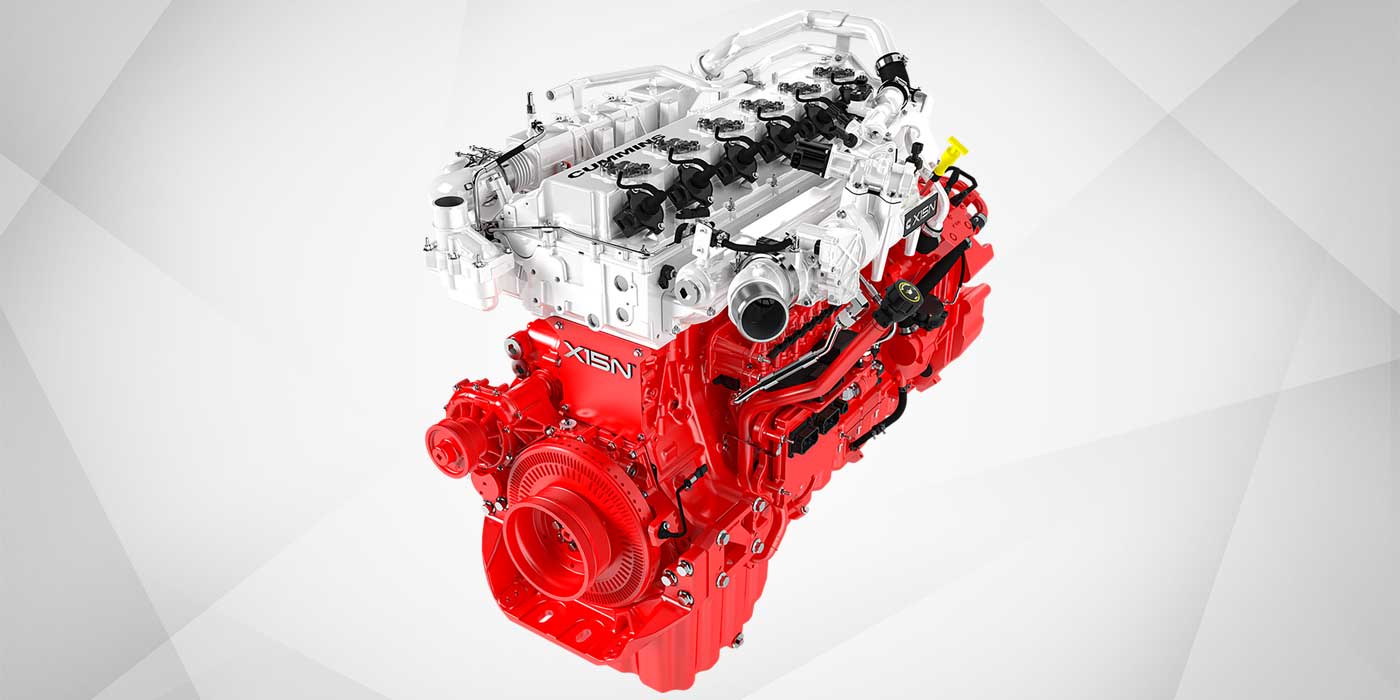Setting safe and productive intervals requires proper filtration maintenance practices and is paramount to operating your diesel engines efficiently. Correctly spec’ing the appropriate filtration for your engine is just the start. In the case of engine oil, for example, there are used oil analysis services that can show the productive proof of your proper spec’ing or inform you of a potential problem.
Wix Filters recently talked through its tips for achieving the right balance of engine protection and efficiency, all while positively impacting fleets’ fuel-spend bottom line.
Filtration starts with application
What you’re running, where you’re running and how you’re running will be the first step in understanding where engine filtration can help you operate your equipment more efficiently. Trucks that are subjected to winter weather roads face de-icing chemical slurries whereas hotter, dryer climates could mean dustier, dirtier engine threats. Those examples will impact your engine filtration selections—from oil to fuel to air.
It’s important to note that filters remove contaminants, obviously, but as this happens, the restriction across the filter increases. This is normal, but if the contaminant load is higher than previous service intervals, filters can reach loading or termination pressure more quickly. A restricted filter may indicate a change in how the engine is operating, a change in the operating conditions or duty cycle, or an overdue service interval.
After application comes analysis: Know your oil
The only way to know if your filtration of choice is working properly is to analyze its performance. An oil analysis program, for example, gives you an in-depth look at your diesel engine oil quality and can even alert you of any potential engine issues before they become massive maintenance headaches.
The first step is to pick a partner that can help analyze your oil. Wix Filters offers customers a comprehensive oil analysis program. You get the test kit from a local store that sells Wix products, then you drop your oil samples into the mail to be sent to an oil analysis lab. When the tests are complete, you get the results via email.
When it comes to oil analysis results, you should expect information on both engine condition and oil quality. These two things can be related, but they also could be completely independent of each other in terms of what the results mean to you. For example, wear metals like aluminum, lead and copper can be detected and interpreted by the oil analysis lab to inform you of any potential service issues. Additionally, the oil analysis will alert you to any soot or other contaminate that’s making the oil too thick.
It’s best to take oil samples every 10,000 to 20,000 miles, with Wix noting that 20,000 miles tends to be a more realistic maintenance milestone number. Again, it can also depend on application. If you’re running routes cross-country, it probably doesn’t have to be done as often as a stop-and-go, pick-up-and-delivery application because of engine oil oxidation.
In any case, it’s important that you have a proper engine filtration partner to help inform your equipment decisions. Click here to learn more about Wix Filters filtration lineup and how it can fit your fleet.

